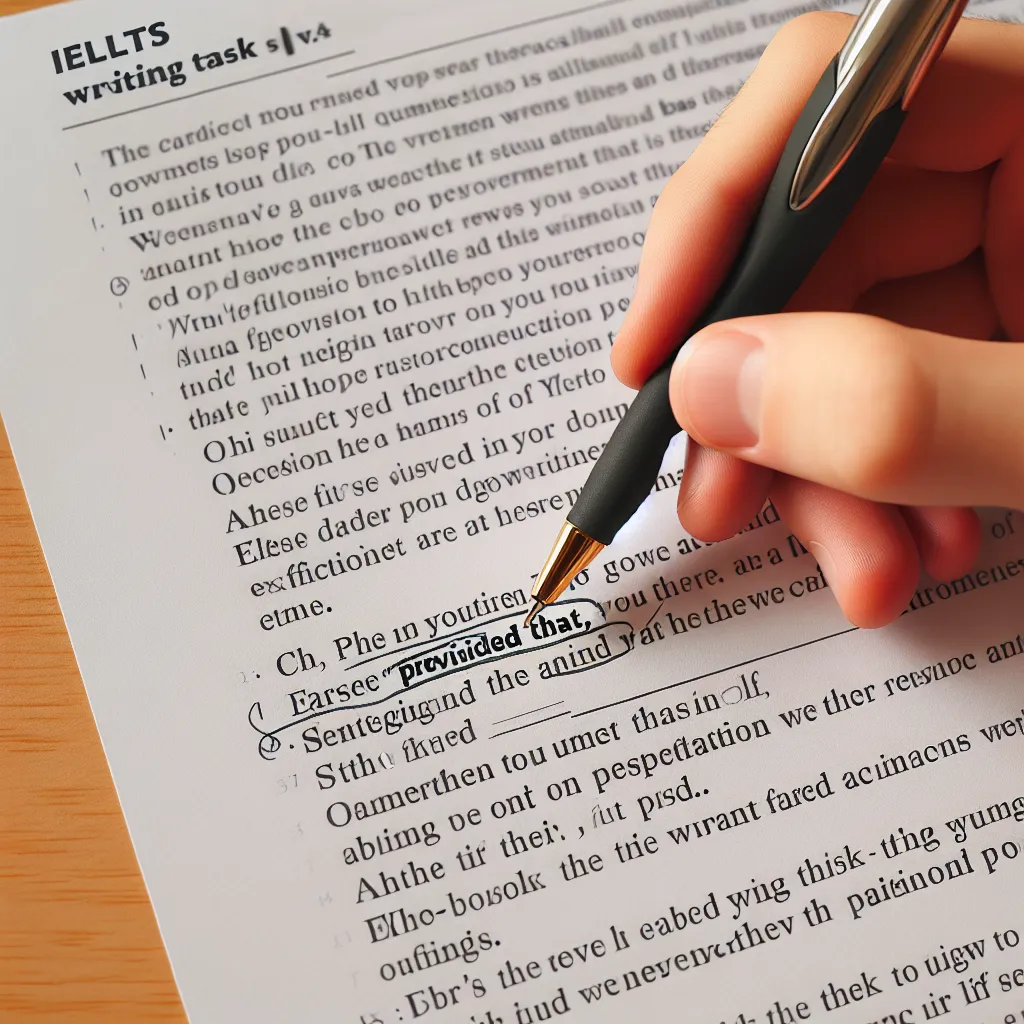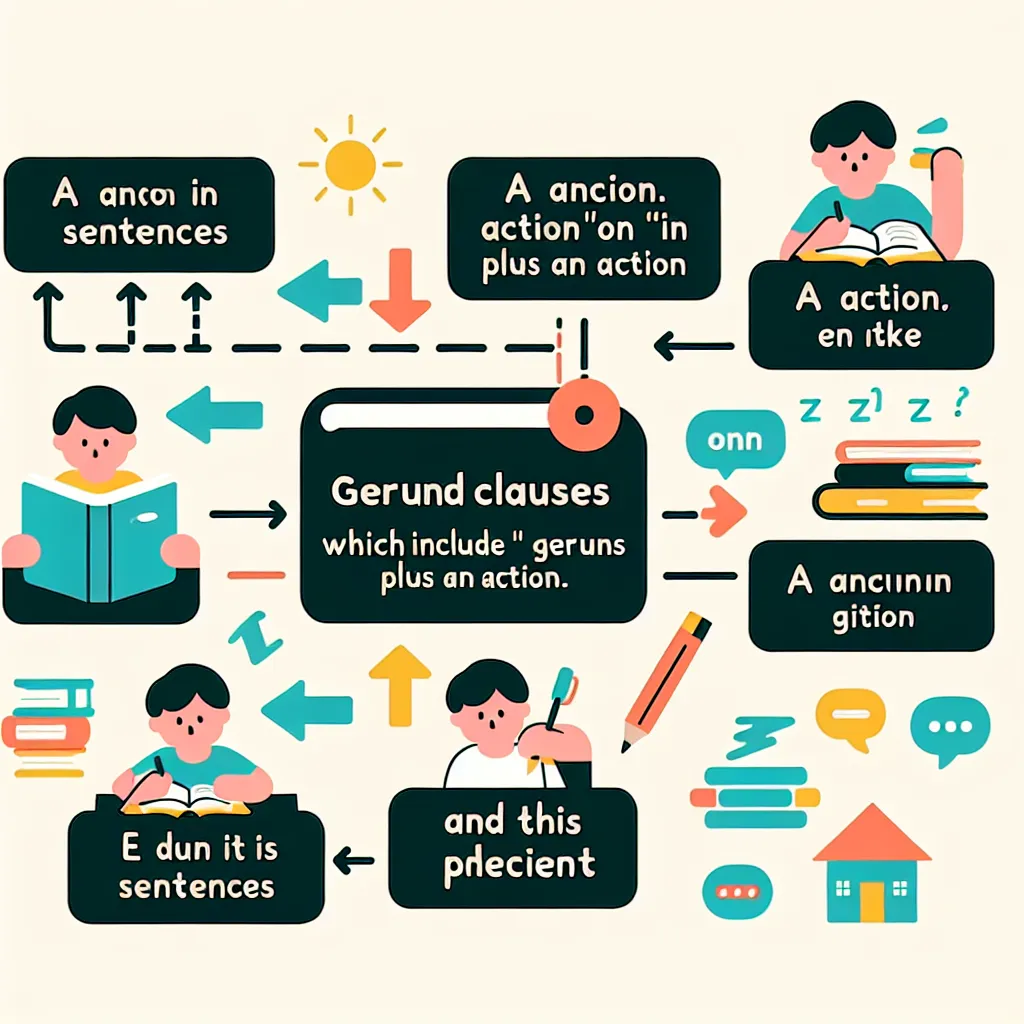The phrase “little did I know” is a powerful expression that can add depth and intrigue to your writing, especially in IELTS essays and speaking tasks. This article will explore how to effectively use this phrase to enhance your language skills and improve your IELTS score.
Nội dung bài viết
- Understanding the Meaning and Usage of “Little Did I Know”
- Grammatical Structure
- Examples in IELTS Context
- Incorporating “Little Did I Know” in IELTS Writing Tasks
- Task 2 Essay Writing
- Task 1 Report Writing
- Enhancing IELTS Speaking Responses with “Little Did I Know”
- Part 2 (Cue Card)
- Part 3 (Discussion)
- Advanced Usage for Higher Band Scores
- Common Mistakes to Avoid
- Conclusion
Understanding the Meaning and Usage of “Little Did I Know”
“Little did I know” is an idiomatic expression used to introduce information about past events that the speaker was unaware of at the time. It’s often used to create a sense of irony or to emphasize the unexpected nature of what followed.
Grammatical Structure
The basic structure is:
Little did + subject + verb (know) + that + clause
It’s important to note that this phrase uses inverted word order, which is why “did” comes before the subject.
 IELTS essay writing
IELTS essay writing
Examples in IELTS Context
- “Little did I know that my decision to study abroad would completely change my career path.”
- “Little did I know that learning a new language would open up so many opportunities in my life.”
- “When I moved to the big city for university, little did I know that I would face such significant cultural challenges.”
- “As I embarked on my first international flight, little did I know that it would spark a lifelong passion for travel.”
- “Little did I know, when I volunteered at the local shelter, that I would discover my true calling in social work.”
Incorporating “Little Did I Know” in IELTS Writing Tasks
Task 2 Essay Writing
In IELTS Writing Task 2, using “little did I know” can add a personal touch and create a narrative element in your essay. It’s particularly effective in introduction paragraphs or when providing examples.
Example:
“Many people believe that technology has only positive impacts on education. However, little did I know when I first started using a smartphone for studying that it would become a major source of distraction, significantly impacting my academic performance.”
Task 1 Report Writing
While less common in Task 1, you can still use this phrase in certain scenarios, especially when describing unexpected trends or changes in graphs and charts.
Example:
“The graph shows a steady increase in coffee consumption from 2000 to 2010. Little did consumers know that this trend would dramatically reverse in the following decade due to health concerns.”
Enhancing IELTS Speaking Responses with “Little Did I Know”
In the IELTS Speaking test, using “little did I know” can make your responses more engaging and demonstrate a higher level of English proficiency.
Part 2 (Cue Card)
Topic: Describe a time when you were surprised by something.
“I’d like to talk about the time I started my first job. It was at a local café, and I was excited about earning my own money. Little did I know that this simple part-time job would teach me more about people and communication than any class I’d ever taken. The experience opened my eyes to the complexities of customer service and teamwork.”
Part 3 (Discussion)
Question: Do you think people can predict the future?
“While there are certainly experts who can make educated guesses about future trends, I believe it’s impossible to predict everything accurately. In fact, little did we know at the start of 2020 that a global pandemic would completely reshape our lives and work patterns. This unpredictability is what makes life both challenging and exciting.”
Advanced Usage for Higher Band Scores
To aim for higher band scores (7+), consider using variations of the phrase or combining it with other complex structures:
- “Little did I realize at the time, but that chance encounter would shape my entire career.”
- “Little could I have imagined that such a small decision would have such far-reaching consequences.”
- “Had I known then what I know now, I might have acted differently. However, little did I know that my naivety would lead to such a valuable learning experience.”
 IELTS speaking test
IELTS speaking test
Common Mistakes to Avoid
- Incorrect word order: “Little I did know” (Correct: Little did I know)
- Using present tense: “Little do I know” (This changes the meaning to present ignorance)
- Overuse: While effective, don’t use this phrase more than once or twice in an essay or speaking task.
- Informal context: Avoid using in formal report writing (Task 1 Academic)
Conclusion
Mastering the use of “little did I know” can significantly enhance your IELTS performance by adding sophistication and narrative interest to your language. Practice incorporating this phrase into your writing and speaking to make your responses more engaging and memorable. Remember, the key to success in IELTS is not just using complex phrases, but using them appropriately and effectively within context.
To further improve your skills, try creating sentences with similar structures like “Scarcely had I…” or “Hardly had we…” These inversions can add variety to your language use and impress IELTS examiners with your range of expressions.


